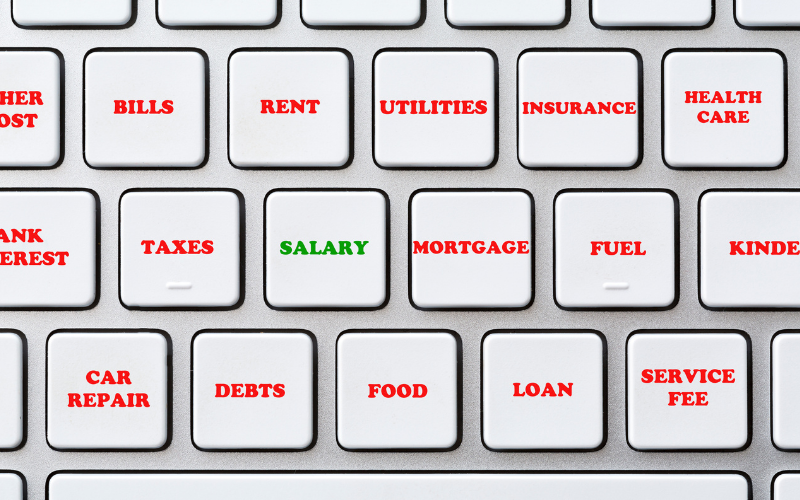Advice For Purchasing A House On A Single Income
 Even though a lot of people have two incomes they can use to purchase a house (theirs and their partner’s), this is not necessarily required. There are lots of people who want to take advantage of current interest rates to purchase a house, and some people are trying to do it on their own. Even though it can be a challenge to buy a house with only one income, it is certainly not impossible. There are several tips that can make it easier for everyone to afford a house with just a single income.
Even though a lot of people have two incomes they can use to purchase a house (theirs and their partner’s), this is not necessarily required. There are lots of people who want to take advantage of current interest rates to purchase a house, and some people are trying to do it on their own. Even though it can be a challenge to buy a house with only one income, it is certainly not impossible. There are several tips that can make it easier for everyone to afford a house with just a single income.
Always Check Your Credit Score
If you want to buy a house on a single income, make sure you check your credit score first. Your credit score is a reflection of your financial health. The higher your credit score is, the better your chances of having your loan application approved. You can check your credit score for free once per year from any of the major credit bureaus. You need to know what your credit score is and you need to correct any inaccuracies on your credit report before you apply for a home loan.
Explore Government Loan Programs
Next, if you are buying a home for the first time, you should explore government loan programs. For example, you might be able to apply for an FHA loan, which could allow you to purchase a home for as little as 3.5 percent down. That way, you do not necessarily need to save up a 20 percent down payment to buy a house. Depending on your location, there could be other government loan programs that can make it easier for you to buy a house.
Ask For a Co-Signer To Help
Even if you plan on paying for the mortgage yourself, you may find it easier to buy a house if you have someone who can co-sign for your loan. This is particularly helpful if your credit score isn’t quite high enough to qualify for a loan. As long as your co-signer has a solid credit score, they might make it easier for you to get your loan application approved. Furthermore, you might be rewarded with a lower interest rate than you could otherwise get on your own.
 If you have made an offer on a house and gotten it accepted, congratulations! This is a major step, but you might be wondering how you actually pay for a house. The days of showing up to the closing table with a personal check are in the rearview mirror, as nobody wants a check for a house to bounce after the other person has already walked away with the keys. Furthermore, even if you are buying a house with cash, you certainly do not want to show up with a briefcase full of dollar bills. Here is how you will actually pay for the house.
If you have made an offer on a house and gotten it accepted, congratulations! This is a major step, but you might be wondering how you actually pay for a house. The days of showing up to the closing table with a personal check are in the rearview mirror, as nobody wants a check for a house to bounce after the other person has already walked away with the keys. Furthermore, even if you are buying a house with cash, you certainly do not want to show up with a briefcase full of dollar bills. Here is how you will actually pay for the house.  You might have heard that more people are refinancing these days. During the refinancing process, you essentially take your current home loan and replace it with a different one. You can reduce your mortgage payments, shorten the life of your loan, or withdraw cash you can use for other purposes. What are a few of the signs that indicate you should consider refinancing?
You might have heard that more people are refinancing these days. During the refinancing process, you essentially take your current home loan and replace it with a different one. You can reduce your mortgage payments, shorten the life of your loan, or withdraw cash you can use for other purposes. What are a few of the signs that indicate you should consider refinancing?